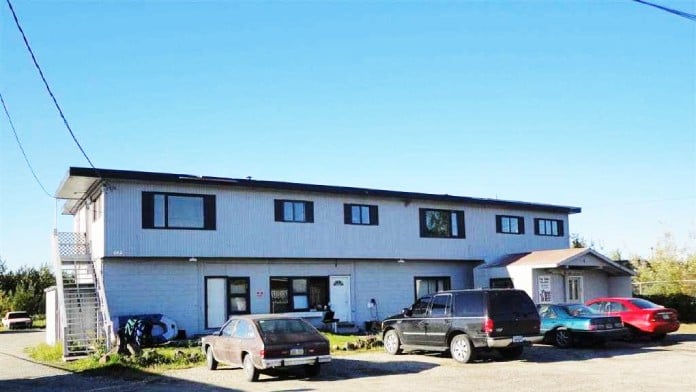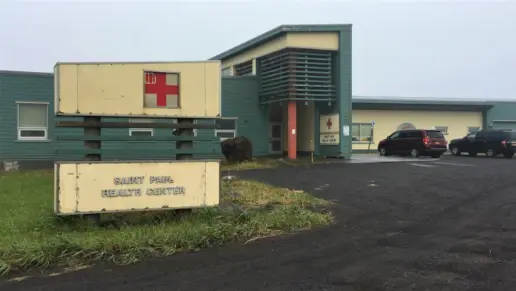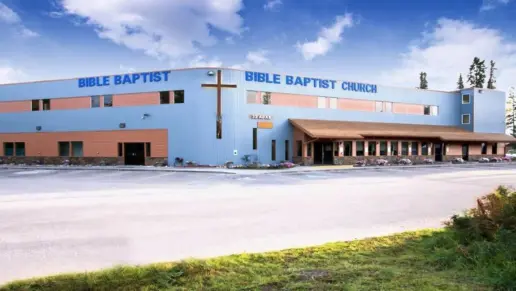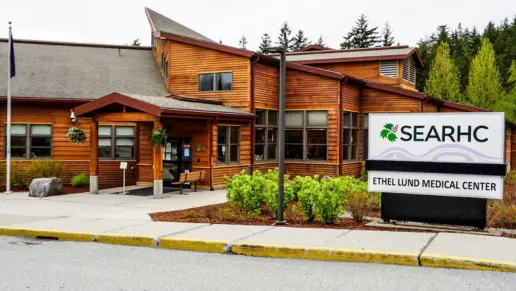About No Limits
No Limits provides comprehensive mental and behavioral health care and social support services for marginalized and disadvantaged adults in Fairbanks, Alaska, including persons exiting incarceration, experiencing homelessness, or recovering from co-occurring addiction and mental illness. They offer short and long-term supportive housing and aftercare planning and support. Faith-based and court-mandated programs are available.
This center’s supportive housing programs allow clients to focus on their recovery and prepare for successful reintegration into the home, workplace, and community in a highly supervised and structured environment. Clients receive comprehensive needs assessments, personalized care planning, and case management. Referrals for acute and subacute inpatient treatment are available as needed. Clients also engage in intensive individual, group, and family counseling and robust, recovery-focused life skills training addressing topics such as coping, self-care, job readiness, financial and household management, parenting, and relapse prevention.
The program prioritizes academic and vocational training and work therapy. Clients may receive hands-on training and offset treatment costs through supported employment in the program’s thrift store, coffee shop, or construction and contracting service.
Their aftercare services promote a complete continuum of care aligned with clients’ evolving needs and may include step-down support, 12 step program facilitation, housing and employment assistance, and referrals for additional medical, mental health, and social services.
No Limits is a state-licensed, 501(c)(3) nonprofit organization serving low-income, uninsured, and underinsured persons. Financial assistance is available. They may also be able to work with major insurers, such as BlueCross BlueShield, United Healthcare, Aetna, and others, to offset treatment costs. Contact your provider to verify coverage because out of network benefits can vary.
Latest Reviews
Rehab Score
Gallery

Location
Other Forms of Payment
Self-pay involves paying for treatment out of your own pocket. You can use savings or credit, get a personal loan, or receive help from family and friends to fund your treatment. If you don't have insurance or your insurance plan doesn't cover a specific program, self-pay can help ensure you still get the care you need.
Addiction Treatments
Levels of Care
Treatments
Mental health rehabs focus on helping individuals recover from mental illnesses like bipolar disorder, clinical depression, anxiety disorders, schizophrenia, and more. Mental health professionals at these facilities are trained to understand and treat mental health issues, both in individual and group settings.
Programs

Clinical Services
Cognitive Behavioral Therapy (CBT) is a therapy modality that focuses on the relationship between one's thoughts, feelings, and behaviors. It is used to establish and allow for healthy responses to thoughts and feelings (instead of unhealthy responses, like using drugs or alcohol). CBT has been proven effective for recovering addicts of all kinds, and is used to strengthen a patient's own self-awareness and ability to self-regulate. CBT allows individuals to monitor their own emotional state, become more adept at communicating with others, and manage stress without needing to engage in substance abuse.
In individual therapy, a patient meets one-on-one with a trained psychologist or counselor. Therapy is a pivotal part of effective substance abuse treatment, as it often covers root causes of addiction, including challenges faced by the patient in their social, family, and work/school life.
Life skills trainings involve all the skills a person must have in order to function successfully in the world. These include time management, career guidance, money management, and effective communication. Truly successful addiction recovery is based on the ability to not only live substance-free, but to thrive. Life skills teaches the practical necessities of functioning in society, which sets clients up for success in life, and therefore sobriety.
Recreational therapy (aka therapeutic recreation) uses creative and fun activities to help with addiction recovery. Recreational therapists lead patients in entertaining and engaging activities like sports or games; art (drawing, painting, sculpture); drama, music, and dance; and/or community outings (field trips) to improve patients' physical, social, and emotional well-being.
Amenities
-
Hiking
Contact Information
253 Romans Way
Fairbanks, AK 99701


